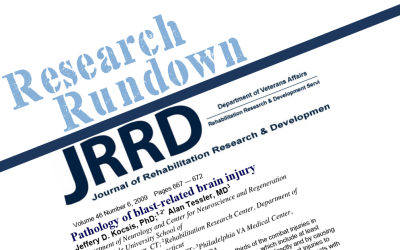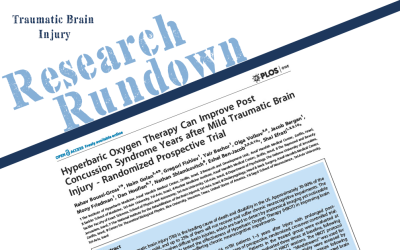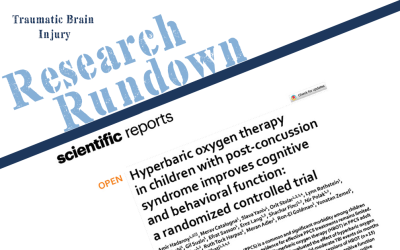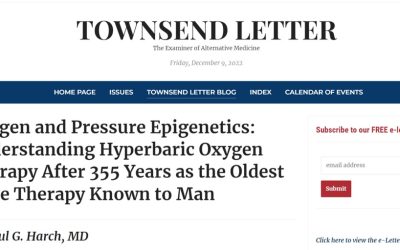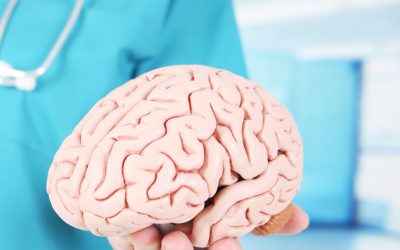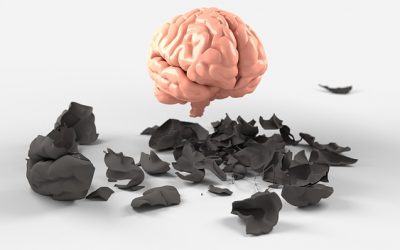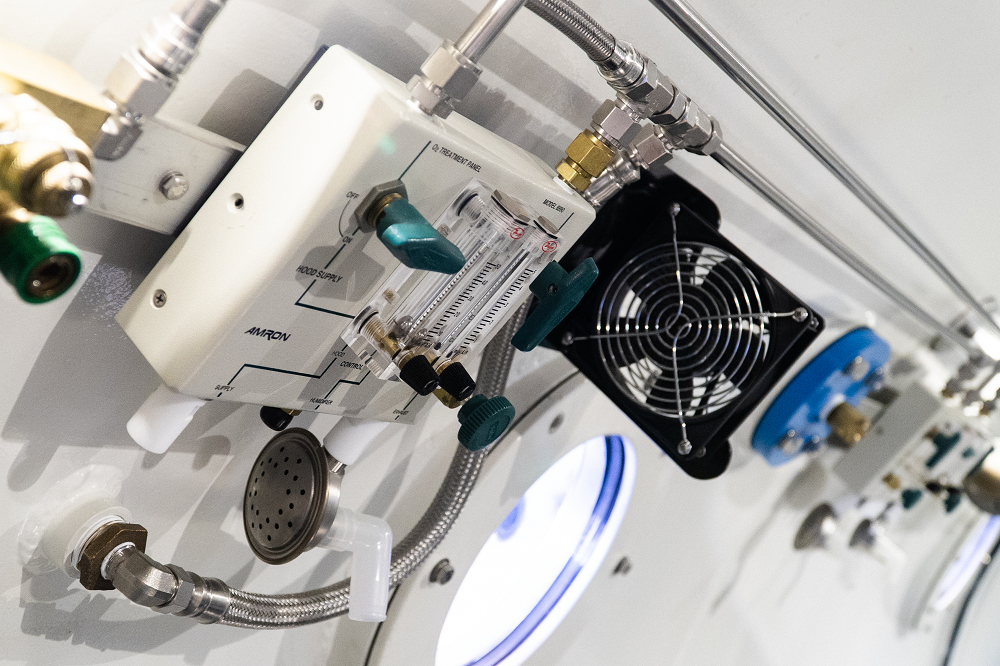Tom Fox's time on HBOT News has come to an end as we feature his final Research Rundown. Be sure to check out all of Tom's Research Rundowns to gain a comprehensive overview of Hyperbaric Oxygen Therapy for cerebral palsy, and brain injuries. In his final Research...
Research Rundown – Episode 30: Hyperbaric Oxygen Therapy Can Improve Post Concussion Syndrome Years after Mild Traumatic Brain Injury – Randomized Prospective Trial
As Tom Fox continues his discussion outlining the research on Hyperbaric Oxygen Therapy for brain trauma, he dives into these 5 Department of Defense (DoD) studies. All of these studies were positive studies that were spotlighted in a non-beneficial way, despite the...
Research Rundown – Episode 28: Hyperbaric oxygen therapy in children with post‑concussion syndrome improves cognitive and behavioral function: a randomized controlled trial
Tom Fox shifts gears discussing research that supports how HBOT can help heal brain trauma. In this Research Rundown he moves the discussion away from Cerebral Palsy and focuses on post-concussion syndrome in children. Highlights: This clinical trial out of Israel...
Oxygen and Pressure Epigenetics: Understanding Hyperbaric Oxygen Therapy After 355 Years as the Oldest Gene Therapy Known to Man
by Paul G. Harch, MD Despite the “Decade of the Brain” from 1990-2000(1) and all the advances of modern medicine, treatment of the most common neurological diseases (traumatic brain injury, stroke, and dementia) has made minimal progress in the last 100 years. In 2017...
Hyperbaric oxygen therapy in children with post-concussion syndrome improves cognitive and behavioral function: a randomized controlled trial
Abstract Persistent post-concussion syndrome (PPCS) is a common and significant morbidity among children following traumatic brain injury (TBI) and the evidence for effective PPCS treatments remains limited. Recent studies have shown the beneficial effects of...
A Case Series of 39 United States Veterans with Mild Traumatic Brain Injury Treated with Hyperbaric Oxygen Therapy
Article cited by TreatNow.org Dr. Alison Bested, MD, and her team in Florida have published results of a case series that, once again, proves the power of Hyperbaric Oxygenation to stop suicidal ideation by healing brain wounds. 39 participants reported reduced pain,...
Oxygen and pressure to benefit brain health
A recent systematic review published in the journal Frontiers in Neurology discovered that hyperbaric oxygen therapy could be a very effective and safe therapy option for mild traumatic brain injuries (mTBI). The review was conducted by Dr. Paul G. Harch, a clinical...
Systematic Review and Dosage Analysis: Hyperbaric Oxygen Therapy Efficacy in Mild Traumatic Brain Injury Persistent Postconcussion Syndrome
Background: Mild traumatic brain injury results in over 15% of patients progressing to Persistent Postconcussion Syndrome, a condition with significant consequences and limited treatment options. Hyperbaric oxygen therapy has been applied to Persistent Postconcussion...
The National Brain Injury Rescue and Rehabilitation Study – a multicenter observational study of hyperbaric oxygen for mild traumatic brain injury with post-concussive symptoms
The National Brain Injury Rescue and Rehabilitation Project was established as a preliminary study to test the safety and practicality of multi-center hyperbaric oxygen administration for the post-concussive symptoms of chronic mild traumatic brain injury as a precursor to a pivotal, independent, multi-center, controlled clinical trial. This report presents the results for 32 subjects who completed a preliminary trial of hyperbaric oxygen several years before the passage of the 21 st Century Cures Act. This study anticipated the Act and its reassessment of clinical research. Subjects received 40-82 one-hour treatments at 1.5 atmospheres absolute 100% oxygen. Outcome measures included repeated self-assessment measures and automated neurocognitive tests. The subjects demonstrated improvement in 21 of 25 neurocognitive test measures observed. The objective neurocognitive test components showed improvement in 13 of 17 measures. Earlier administration of hyperbaric oxygen post injury, younger age at the time of injury and hyperbaric oxygen administration, military status, and increased number of hyperbaric oxygen administrations were characteristics associated with improved outcomes. There were no adverse events. Hyperbaric oxygen was found to be safe, inexpensive and worthy of clinical application in the 21 st Century model of facile data collection provided by recent research regulatory shifts in medicine. The study was approved by the ethics review committee of the Western Institutional Review Board (WIRB; Protocol #20090761).
Hyperbaric oxygen therapy to improve cognitive dysfunction and encephalatrophy induced by NO for recreational use: a case report.
NO, or laughing gas, is generally used for anesthesia, especially in stomatology and pediatrics but is also commonly used recreationally. Cognitive dysfunction induced by the recreational use of NO is rare. Here, we present the case of an 18-year-old female with a history of having used NO recreationally for 5 months who suffered from encephalatrophy and severe cognitive dysfunction. All of the symptoms gradually subsided with ~20 days of treatment by hyperbaric oxygenation. We hypothesize that the long-term use of NO may have induced a chronic state of systemic hypoxia that further induced cerebral atrophy with impaired cognitive function. Hyperbaric oxygen therapy (HBOT) is reported here for the first time as an important therapeutic element for treating NO toxicity due to recreational use.

